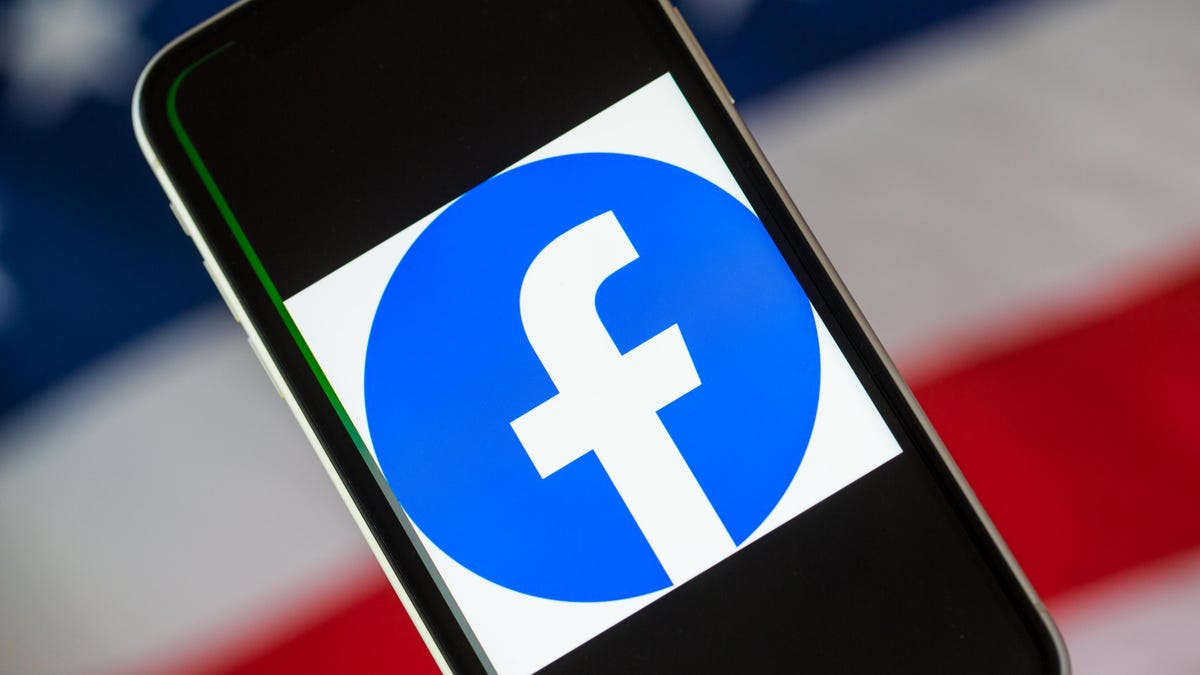Facebook labels are reportedly ineffective at confining Trump's false election claims
The president claims without any supporting evidence that he's "up big" in the vote count and that his political opponents are "trying to steal the election."

Facebook labels didn't do much to prevent the spread of President Trump's unsubstantiated allegations of election fraud, according to a Facebook data scientist.
The labels Facebook has been placing on President Donald Trump's misleading posts about the election have done little to slow their spread across the social media giant, according to internal data cited by BuzzFeed News.
After the polls closed on Nov. 3, President Trump took to social media to allege without evidence that his political opponents were "trying to steal the election" and that he was "up big" in the vote count.
Facebook sought to limit the impact of the misinformation by placing labels on the posts with information that the vote count was ongoing. But they have apparently been ineffective at preventing the false claims from going viral, according to posts on internal Facebook discussion boards.
"We have evidence that applying these informs to posts decreases their reshares by ~8%," a Facebook data scientists said on one discussion about the effectiveness of the labels. "However given that Trump has SO many shares on any given post, the decrease is not going to change shares by orders of magnitude."
But the data scientist noted that the labels -- referred to internally as "informs" internally – weren't intended to reduce the spread of false content, but rather "to provide factual information in context to the post."
Read more: Complete election coverage
Facebook said it the goal of the labels was to direct users to direct its users to trustworthy sources of information on the election.
"Ahead of this election we developed informational labels, which we applied to candidate posts with a goal of connecting people with reliable sources about the election," Facebook spokesperson Liz Bourgeois said in a statement, adding that labels were "just one piece of our larger election integrity efforts."
Social media companies have ramped up their fight against misinformation, including posts from high-profile politicians, amid scrutiny from civil rights groups, politicians and celebrities. The actions against the Trump posts reflect heightened vigilance against posts that include premature election results or misleading information.
Facebook typically has a mostly hands-off approach to posts from politicians, exempting them from third-party fact-checking. Facebook CEO Mark Zuckerberg has repeatedly defended the policy, saying he believes the public should be able to see what politicians say. However, the company recently started labeling posts from politicians and directing users to its voting information center.
Twitter appended cautionary notes to five of seven Trump tweets on Saturday morning, including one in which he wrongly claimed he had won, with notes that labeled the tweets' contents as "disputed and might be misleading" and added an obstacle for users who wanted to read it.
Facebook labeled an identical post shared on Trump's page but took more time to apply its notice. Unlike Twitter, Facebook didn't limit the reach of the post or hide it behind a notice. The Facebook label under Trump's post says, "Final results may be different from initial vote counts, as ballot counting will continue for days or weeks." The notice included a link to Facebook's voting information center.
CNET's Queenie Wong contributed to this report.

